News
Search by
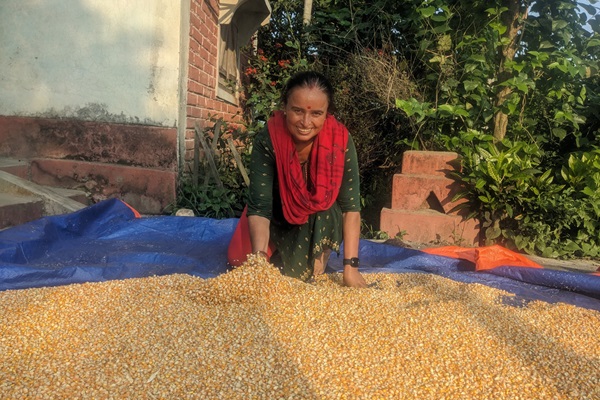
Story
Women master climate resilient farming for bigger and better yields in Nepal
15/07/2024
Gita Adikhari realised something significant had changed when her farm in the Jhapa District of eastern Nepal yielded nearly double the amount she would...

New FAST Partnership website launched in six languages!
04/07/2024
The new Food and Agriculture for Sustainable Transformation (FAST) Partnership website has just launched. Explore it today lo learn more about how we...
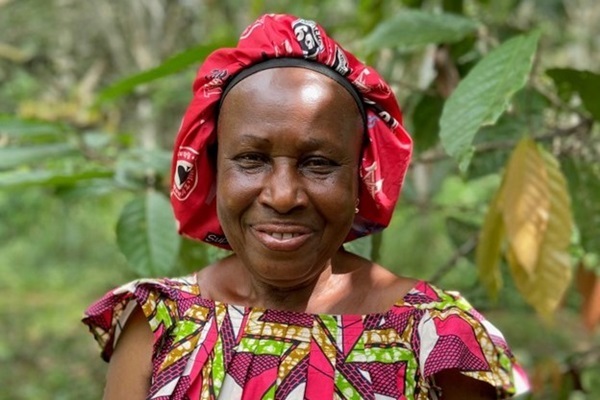
Story
Setting up Côte d'Ivoire’s cocoa sector for climate resilience
04/07/2024
Cocoa producers in Côte d'Ivoire have faced increasing climate challenges, as cocoa crops are highly sensitive to weather changes. With support from...
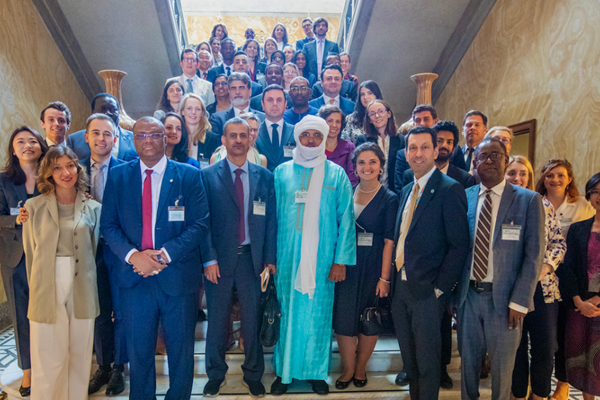
UN Rome-based Agencies and COP Presidencies mobilise for climate action and finance in fragile contexts ahead of COP29
26/06/2024
The UN World Food Programme (WFP), the Food and Agriculture Organization (FAO), the International Fund for Agricultural Development (IFAD), and the...
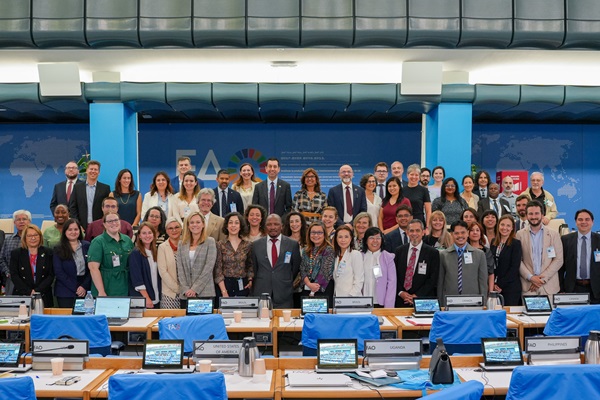
Joint Statement on Sustainable bioenergy for climate and development goals
20/06/2024
In consideration of the persistent debates about what role bioenergy should play in support of climate and sustainable development goals, and...

Food systems front and center of climate talks in Bonn
19/06/2024
Seeing agriculture and food security so prominent in the Bonn session is a good sign that COP29 can deliver on placing agrifood solutions at the heart...
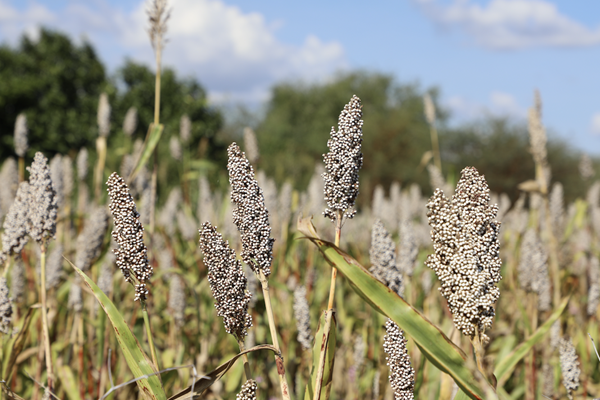
GBEP Bioenergy Week: FAO stresses the need to ensure sustainability of bioenergy in achieving climate goals and SDGs
18/06/2024
The Global Bioenergy Partnership (GBEP) 11th Bioenergy Week officially kicked off today at the Food and Agriculture Organization of the United...
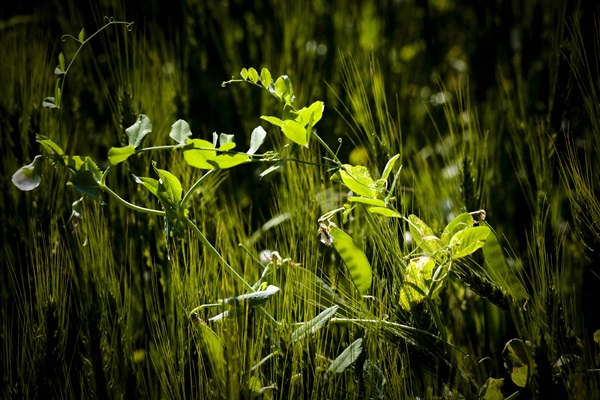
Story
Investing in our lands
14/06/2024
Land holds the past, present and future of humanity. Everything from nutritious food and thriving ecosystems to agricultural heritage and livelihoods...
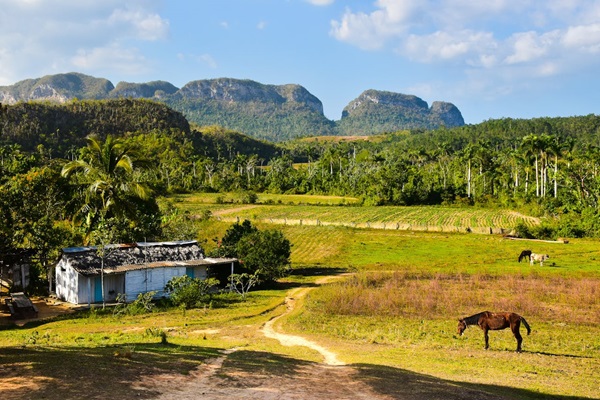
No stone unturned: new approaches to how agriculture and land-use sectors can strengthen climate action for food security
07/06/2024
The new publication takes a fresh look at the complex interactions between different land uses, their dynamics and potential contributions to climate...
